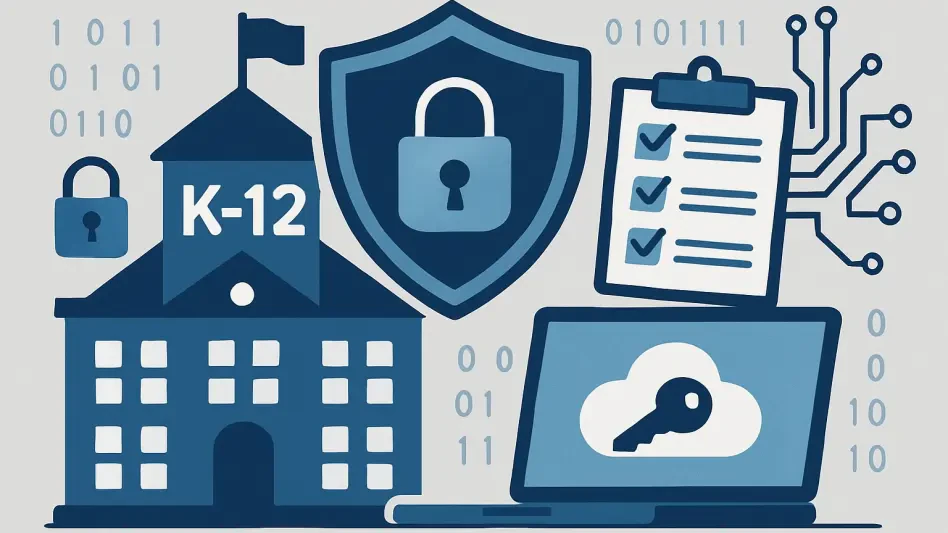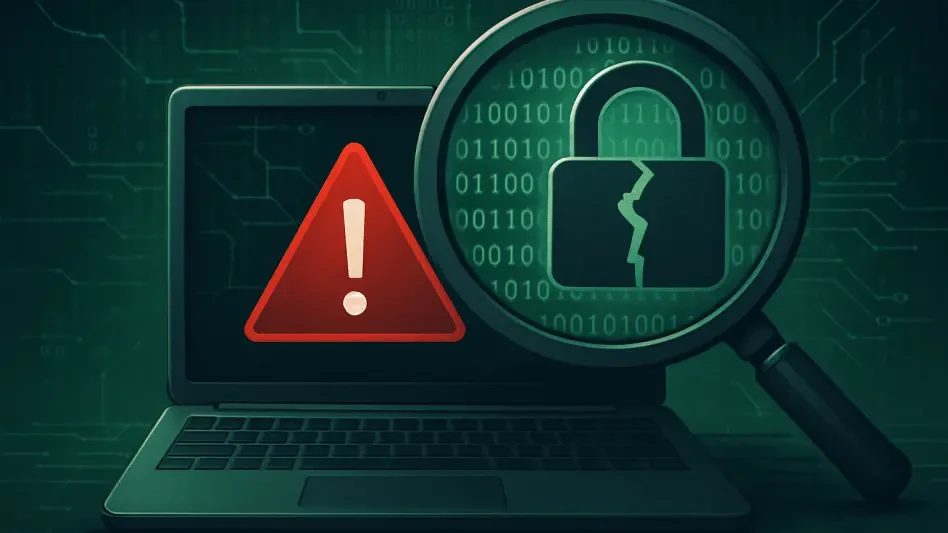Increased access to the internet and digital transactions has made Americans more susceptible to financial scams, indicating a worrying trend for consumers looking to protect their hard-earned money. With a significant percentage of U.S. adults becoming victims of fraud in the past year, it is essential to understand how inflation and economic pressures contribute to this vulnerability. Recent surveys indicate that not only have these scams become more sophisticated, but they are also leaving psychological scars on their victims, creating a cycle of anxiety and financial loss.
1. Survey Insights: The Current State of Financial Scams
The latest Bankrate Financial Fraud Survey reveals that approximately 1 in 3 U.S. adults (34%) have faced financial fraud or scams over the past 12 months. Alarmingly, nearly two in five of these victims (37%) reported losing money as a result of these experiences. Sarah Foster, Bankrate’s U.S. economic analyst, explains that modern financial scams have evolved from obviously suspicious messages into more cunning and convincing schemes. These can range from phony job offers that require a fee to enticing text messages claiming cash prizes or other benefits.
Moreover, the psychological impact of these scams can be as damaging as the financial loss itself. More than three in five victims (61%) believe they are likely to experience fraud again within the next year, indicating a perpetual state of anxiety and suspicion. This sense of inevitability may stem from the rising sophistication of scams, making it harder for individuals to distinguish between legitimate offers and fraudulent schemes.
2. The Scope of Financial Scams: Who Is Most Affected?
More than two-thirds of Americans have encountered financial scams at some point in their lives, making financial fraud a widespread concern across various demographics. According to the survey, 68% of U.S. adults have experienced a scam or fraud attempt, with 90% of these instances involving attempts to access personal financial information like bank accounts, credit cards, or Social Security numbers.
The findings also reveal significant differences in how various age groups are affected by financial scams. Baby boomers (ages 61-79) and Generation Xers (ages 45-60) are most likely to have ever been scammed, at rates of 73% and 71%, respectively. However, younger generations are not immune, with 63% of Gen Zers (ages 18-28) and 64% of millennials (ages 29-44) reporting similar experiences. Interestingly, while younger generations are less likely to be targeted, when they are scammed, they tend to report higher monetary losses. This difference could be attributed to their limited experience or lack of awareness about the common tactics used by scammers.
3. Economic Pressures and Fraud Exposure
Economic challenges such as inflation and rising interest rates can exacerbate the vulnerability to financial scams, especially among low-income individuals. Bankrate surveys have shown that Americans earning less than $50,000 annually are more likely to experience financial fraud, with 37% reporting scams over the past year. This contrasts with 33% and 34% for those earning between $50,000 and $99,999, and 34% for those earning $100,000 or more annually.
These economic pressures create fertile ground for scammers who exploit the financial insecurities of their targets. Low-income earners are often in greater need of financial relief and may be more likely to believe and respond to fraudulent offers that promise quick cash or relief from debt. This not only leads to financial loss but potentially damages the mental well-being of the victims, who may already be grappling with other financial stresses.
4. Psychological Impact: Anticipating Future Scams
The trauma of experiencing financial fraud can have a lasting impact, leading many to anticipate future scams. Overall, Americans are slightly more likely to believe they will not be targeted by a scam in the next year (39%). However, those who have previously fallen victim to scams are more likely to expect a recurrence (46%). This heightened anticipation can be linked to the emotional toll of dealing with fraud and the feeling of vulnerability it instills.
Baby boomers and Gen Xers are particularly pessimistic about their chances of encountering a scam again, with 44% and 42% respectively believing it is likely. This perceived inevitability can lead to increased vigilance but also contributes to ongoing anxiety and distrust of financial transactions. Although there is a general awareness and adoption of precautionary measures against fraud, the expectation of being targeted again underscores the need for continual adaptation in personal security practices.
5. Step-by-Step Guide: What to Do if Facing a Financial Scam
Realizing you’ve fallen for a scam or shared personal information can be daunting, but there are steps you can take to mitigate further damage and secure your financial standing. The following step-by-step guide provides practical actions to follow if you find yourself a victim of financial fraud.
1. Reach Out to Your Bank
First, contact the bank or financial institution where your compromised accounts are held. “Secure your financial accounts from further use and contact your bank to see if they can reverse any transfers or help you recover your money,” advises Sarah Foster. You can also flag or dispute any unauthorized charges on your credit card. Quick action in this step is crucial to preventing additional losses and stopping fraudulent transactions from occurring.
2. Update Your Passwords
Next, updating your passwords for all financial accounts is a critical step to protect against further unauthorized access. This includes your bank accounts, credit cards, and any other financial platforms you might use. Create strong, unique passwords for each account and consider using a password manager to keep them secure. Regularly updating and managing your passwords can significantly reduce the risk of future fraud.
6. Additional Measures to Protect Against Financial Scams
Beyond these initial measures, there are additional steps you can take to safeguard your finances and prevent future fraud attempts. These recommendations can further enhance your security and provide peace of mind.
3. Freeze Your Credit Reports
You can contact the three major credit bureaus (Equifax, Experian, and TransUnion) and request that they freeze your credit reports. By doing so, it prevents fraudsters from opening new credit accounts in your name. Some experts recommend keeping your credit reports frozen at all times, only unfreezing them temporarily when you need to apply for new credit. This step is an effective way to prevent unauthorized accounts from being created with your personal information.
4. Report to the Federal Trade Commission (FTC)
The widespread availability of the internet and the rise in digital transactions have significantly heightened the risk of financial scams for Americans. This is leading to concerning trends for consumers striving to safeguard their finances. A considerable number of U.S. adults have fallen victim to fraud over the past year, emphasizing the need to understand how factors like inflation and economic pressures are contributing to this increasing susceptibility.
Recent surveys reveal that these scams are not only becoming more advanced but also having a profound psychological impact on their victims. The emotional toll on individuals who have been defrauded creates an ongoing cycle of anxiety and financial hardship.
As scammers devise new, increasingly sophisticated methods to deceive people, it becomes harder for individuals to protect themselves effectively. This situation calls for heightened awareness and better protective measures to help consumers secure their financial well-being. Efforts to educate the public about the latest scams and offer resources for recovery are crucial in combating this growing issue. It is imperative to address the dual impact of financial losses and the psychological distress they cause, aiming for a comprehensive approach to consumer protection.







